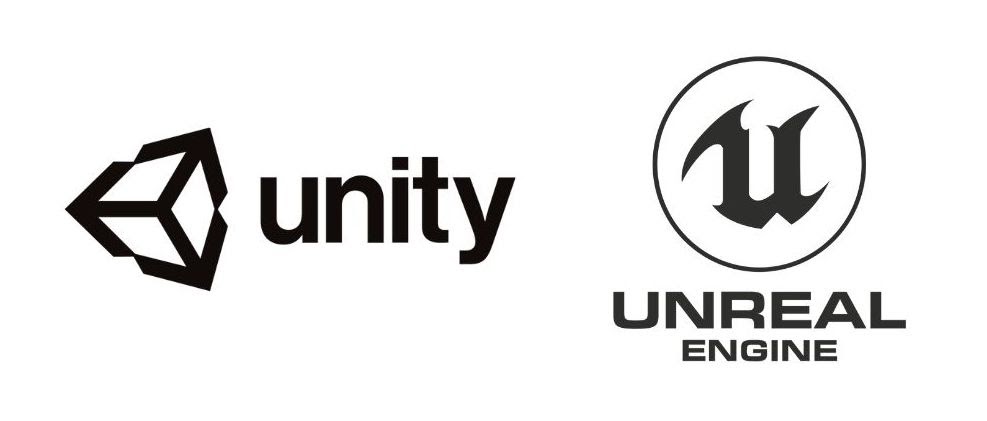
Unity vs. Unreal: Which Game Engine to choose?

Unity and Unreal Engine are two of the most popular and widely used game development engines in the industry. Here’s an overview of Unity and Unreal Engine, along with some key differences between the two:
Unity:
Unity is a cross-platform game engine developed by Unity Technologies. It is known for its user-friendly interface and versatility, making it accessible to both beginners and experienced developers. Key features of Unity include:

- Ease of Use: Unity offers a visual editor that allows developers to create games without extensive coding knowledge. Its drag-and-drop functionality and intuitive interface make it relatively easy to learn and use.
- Cross-Platform Support: Unity supports a wide range of platforms, including PC, Mac, Linux, iOS, Android, consoles, and even augmented reality (AR) and virtual reality (VR) devices. It allows developers to build games once and deploy them across multiple platforms.
- Asset Store: Unity has a vast asset store where developers can find ready-made assets, scripts, plugins, and tools to enhance their game development process. It enables developers to save time and effort by utilizing pre-existing resources.
Unreal Engine:
Unreal Engine, developed by Epic Games, is a powerful and feature-rich game development engine. It is known for its high-fidelity graphics, advanced tools, and robust capabilities. Key features of Unreal Engine include:

- Graphical Fidelity: Unreal Engine is renowned for its stunning graphics and realistic visuals. It provides advanced rendering capabilities, lighting systems, and post-processing effects that can create visually impressive and immersive game environments.
- Blueprint Visual Scripting: Unreal Engine offers a visual scripting system called Blueprint, which allows developers to create game logic and behaviors without extensive coding. It provides a visual node-based interface that simplifies the process of designing complex gameplay mechanics.
- Real-time Collaboration: Unreal Engine supports real-time collaboration, allowing multiple developers to work on the same project simultaneously. This feature is beneficial for large teams working on complex projects, as it enables efficient collaboration and streamlines the development process.
Key Differences:
- Learning Curve: Unity is generally considered more accessible for beginners due to its user-friendly interface and simplified workflows. Unreal Engine, while powerful, may have a steeper learning curve, especially for those with limited programming experience.
- Graphics: Unreal Engine is renowned for its high-quality graphics and visual fidelity. It provides advanced rendering capabilities and is often the engine of choice for developers aiming for AAA-quality visuals. Unity, on the other hand, is highly customizable but may require additional effort to achieve similar levels of graphical fidelity.
- Pricing: Both Unity and Unreal Engine offer free versions for personal or small-scale projects. However, they have different pricing models for larger-scale projects. Unity has a subscription-based model with different tiers, while Unreal Engine follows a royalty-based model, where developers pay a percentage of their game’s revenue after a certain threshold.
Ultimately, the choice between Unity and Unreal Engine depends on various factors, such as project requirements, team expertise, and personal preference. Both engines have a robust set of features and a large community of developers, making them suitable options for different types of game development projects.


